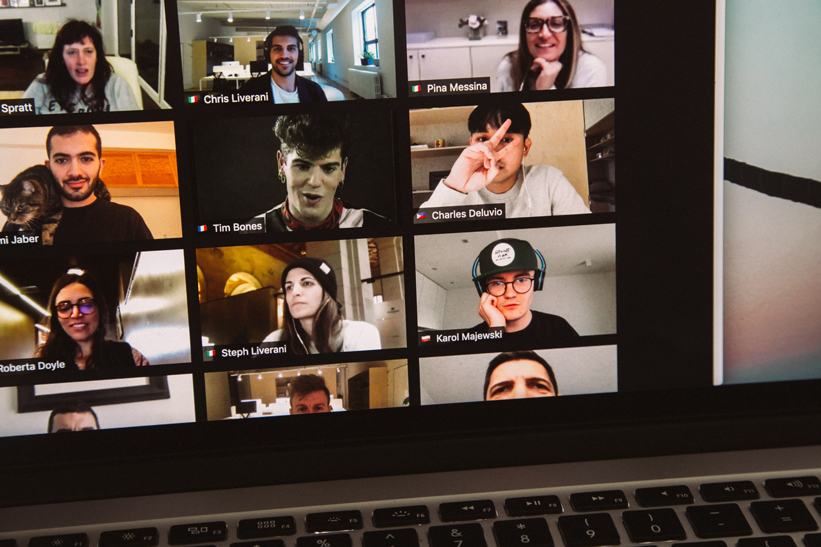In difficult times of pandemic and coronavirus, many initiatives and projects face a dilemma: to wait until better times, or to adapt the activities to the online environment.
Twin City Lab faced the same dilemma. In this blogpost we would like to share our perspective.
As we mentioned in our very first blogpost, we had a great beginning of 2020 with plenty of plans: e.g. twin-city cooperation with Karlsruhe and Krasnodar. But just like everybody else we were influenced by the pandemic situation. So, we started working on a smart adaptation of our plans, turning them to online format. As a result, we came up with the idea to launch a new service – an online twinning cities Projects Database, which you’re using now!
Same way, many other projects were transferred to the online format, and were successfully implemented. As an example, Diwali SA project turned into a day-long online event, with the possibility to buy traditional souvenirs in a virtual bazaar and order Diwali SA traditional food via Indian Restaurant partners. It gathered over 30 000 visitors! Another great example is marathon exchanges which became virtual due to the pandemics. People are engaged to run a certain distance in far twinning cities, with their results compared online.

Of course, on the stage of exploring and connecting foreign urban communities and local conditions, it’s preferable to have the real co-presence – at least in the very beginning. But it is always possible to connect and create new online partnerships with already committed people, especially if you have the right occasions and incentives. As for the already ongoing collaborations, they can definitely be facilitated online. At the same time, it’s important to understand that the initial challenges stay the same: onboarding and integration of new parties, creating new partnerships and collaborative planning, implementation of projects in general.
So, why not to try the new format instead of cancelling the partnerships? In fact, going digital has some advantages. For example, online events have a bigger capacity: more participants can be involved due to practicalities such as no need to rent space or order food, etc. Also, events become more inclusive and participants with disabilities from far cities can get together in a video conference without need to leave their homes. For events and meetings, you can use Zoom, Jitsi Meet or Google Meet. Track project tasks in Google Drive or Trello. Communicate with your team through Facebook, Telegram or Slack. Make trainings interactive in Miro, Jamboard or Tricider.

At the same time, there might be not so much dynamic, energy and excitement in online events. Sometimes it may look like lecture or radio broadcast. In this case there is no contact: almost no one asks questions, there are no reactions. Participants get tired and distracted. Only at the first glance though. The solution are easy: technology offers us great opportunities for online engagement. Mentimeter and Kahoot help to make quizzes and surveys. The ActionBound app helps create engaging quizzes and games that will boost the engagement of the participants.
So, if we try to take the best out of the situation, we can notice strangely enough that this global experience made us to redefine inclusive approach – events can be accessed by many more people, and life circumstances will not be a serious obstacle to working from anywhere else in the world. So, properly made adaptations can enrich our work! We strongly believe that in these truly difficult times of pandemic twinning partnerships can be beautifully adapted and not cancelled.

